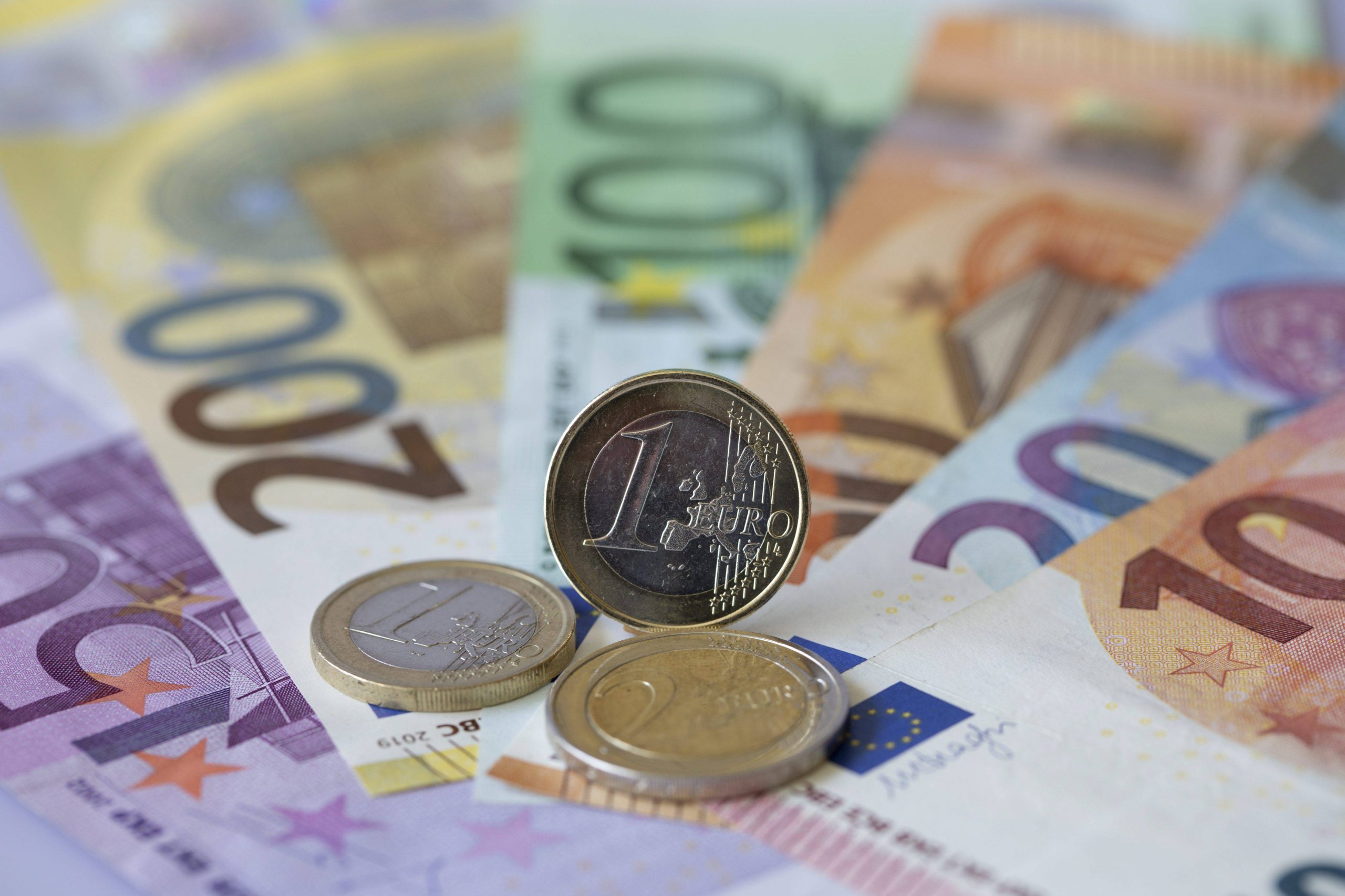THE past couple of weeks has seen the pound to euro (GBP/EUR) exchange rate fluctuate, before trending broadly higher in response to Bank of England (BoE) rate hike speculation.
During this period we have seen GBP/EUR trade between a high of €1.1913 and a low of €1.1780.
What’s been happening?
After taking a tumble at the start of the month as a result of the Bank of England’s (BoE) recession warning, the GBP/EUR exchange rate remained subdued through the second week of August amid lingering concerns over the UK’s economic trajectory.
Exacerbating these concerns was the publication of the UK’s latest GDP figures. While these reported a smaller-than-expected contraction in growth in the second quarter, they stoked fears the UK could slip into a recession in Q3.

Meanwhile the euro traded in a wide range through this period. The single currency’s negative correlation with the US dollar prompting swings in the euro amid fluctuating USD exchange rates.
The middle of August saw the pound mount a convincing recovery with the publication of some high-impact UK data releases.
The UK’s latest wage growth and inflation figures both printed above forecast, bolstering expectations the BoE will pursue a 50bps rate hike in September and strengthening Sterling sentiment.
During this time the euro was left on the back foot, in part due to Germany’s latest ZEW index, which reported sentiment in the Eurozone’s largest economy continued to deteriorate this month.
The single currency’s upside potential also remained limited amid growing concerns that Europe will face a gas shortage this winter.
What do you need to look out for?
Looking ahead, the immediate focus for GBP and EUR investors will be the publication of the latest UK and Eurozone PMI releases.
If these report that private sector activity in the UK or Eurozone continued to weaken in August then their respective currencies could fall.

In terms of data a key focus will also be the Eurozone’s upcoming consumer price index. August’s preliminary figures could propel the euro higher if they report inflation in the bloc continued to accelerate this month. Another uptick in inflation is likely to increase the odds of another 50bps rate hike from the European Central Bank (ECB) at its next interest rate decision.
However, any upside in EUR exchange rates may remain limited in the face of ongoing concerns over Europe’s energy security.
Meanwhile, the final weeks of the Conservative leadership election may infuse additional volatility into the pound. GBP investors will be paying particularly close attention to frontrunner Liz Truss for more clarity on how she will tackle the UK’s cost of living crisis as Prime Minister.
Protecting against volatility
This kind of volatility can cause some nasty surprises if you need to transfer money overseas. On a £200,000 transfer, just a one-cent gap translates to a €2,000 difference. And the larger the sum, the higher the discrepancy.
Fortunately, there are ways that you can protect against volatility.
Specialist currency brokers, such as Currencies Direct, offer different tools to help you navigate the ups and downs of the currency market.
For instance, you can use a forward contract to secure an exchange rate for up to a year. This way, you won’t lose out if the market moves against you.

Services like rate alerts and daily updates make it easy to keep track of what’s going on in the forex world so that you can make informed decisions. And with Currencies Direct you’ll have a dedicated account manager there to provide guidance and support whenever you need them.
At Currencies Direct we’re here to talk currency whenever you need us, so get in touch if you want to know more about the latest news or how it could impact your currency transfers.
Since 1996 we’ve helped more than 325,000 customers with their currency transfers, just pop into your local Currencies Direct branch or give us a call to find out more.
For more information visit: https://www.currenciesdirect.com/en
Find you local office in Spain here.








